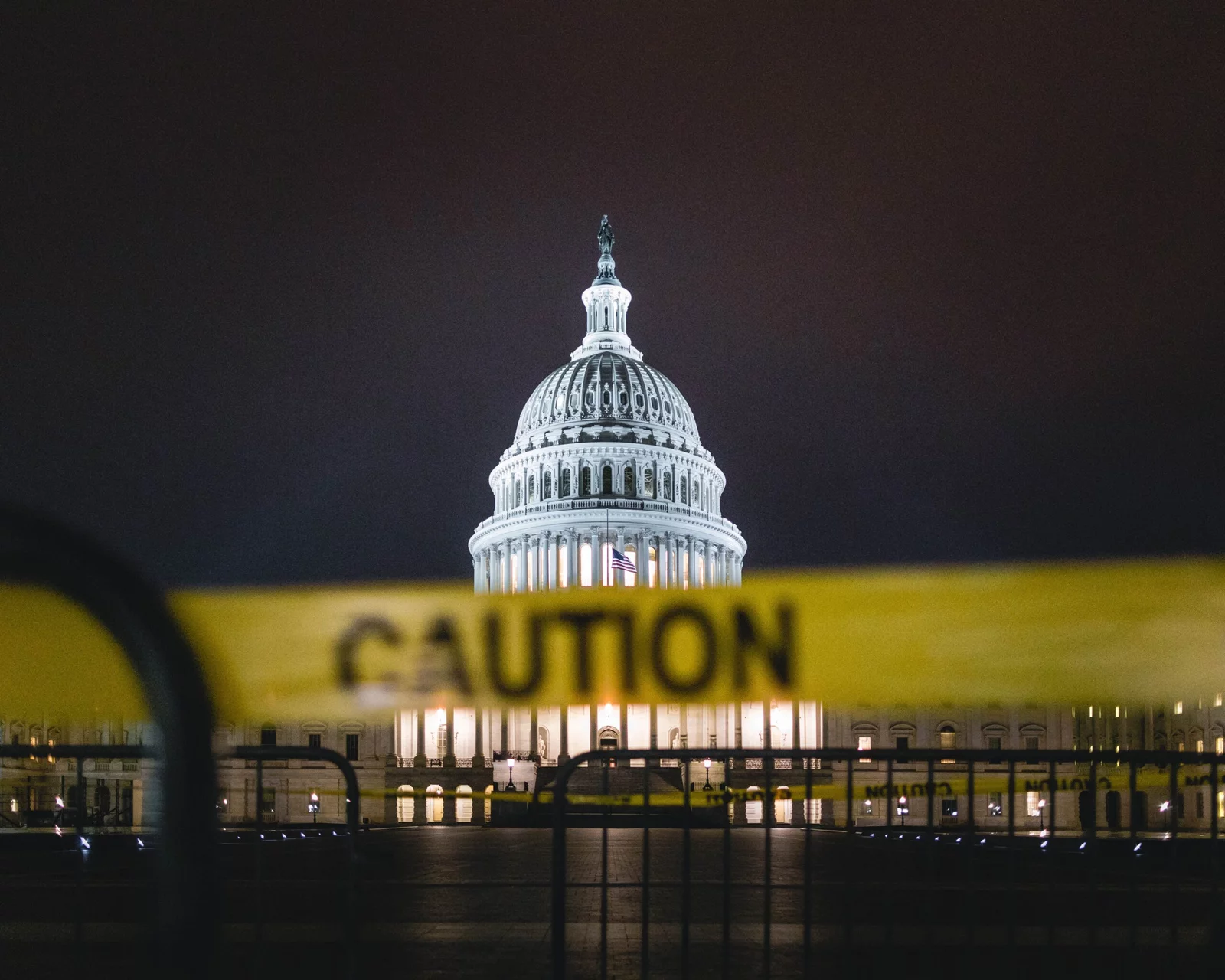middleportal.com – A government shutdown is a term that often makes headlines, but what does it really mean? In this blog post, we will explore the impact and implications of a government shutdown, shedding light on the key aspects and consequences of such an event.
What is a Government Shutdown?
A government shutdown occurs when the funding for government operations is not approved by the legislative body, resulting in a temporary halt of non-essential government services. This can happen due to various reasons, including disagreements over budget allocations or policy disputes.
During a government shutdown, federal agencies and departments are forced to furlough non-essential employees, meaning they are temporarily laid off without pay. Essential services, such as national security and law enforcement, continue to operate, but many government functions are significantly impacted.
The Impact on Federal Employees
One of the most immediate and tangible consequences of a government shutdown is the impact on federal employees. With non-essential employees furloughed, thousands of individuals are left without a paycheck, creating financial hardship for them and their families.
Furthermore, even after a government shutdown ends and employees return to work, the financial repercussions can linger. Back pay is often provided to furloughed employees, but the disruption in income can have lasting effects on their personal finances and confidence in the stability of their employment.
Effects on Government Services
A government shutdown also has significant implications for the delivery of government services. Many agencies and departments are forced to scale back or suspend operations, resulting in delays and disruptions for citizens who rely on these services.
For example, during a shutdown, national parks and museums may close, passport applications may be delayed, and small business loans may be put on hold. The impact can be felt across various sectors, affecting individuals, businesses, and communities alike.
Economic Consequences
The economic consequences of a government shutdown can be far-reaching. The temporary halt in government spending can have a ripple effect on the economy, impacting businesses, consumers, and financial markets.
Small businesses that rely on government contracts may face delays or cancellations, disrupting their operations and cash flow. Consumer confidence can also be affected, leading to reduced spending and slower economic growth. Additionally, the uncertainty surrounding a government shutdown can cause volatility in financial markets, as investors react to the potential impact on the economy.
Political Ramifications
Government shutdowns are often the result of political disagreements and can have significant political ramifications. They can erode public trust in government institutions and lead to increased polarization among political parties.
Public opinion may shift as citizens experience the direct consequences of a shutdown, potentially influencing future elections and policy decisions. The political fallout from a government shutdown can shape the dynamics of the political landscape and impact the functioning of the government in the long term.
Conclusion
A government shutdown is a complex event with wide-ranging consequences. From the financial strain on federal employees to the disruption of government services and the economic impact, the effects of a shutdown are felt by individuals, businesses, and the nation as a whole.
Understanding the impact and implications of a government shutdown is crucial for citizens to grasp the significance of this event and its potential long-term effects. By staying informed, we can engage in informed discussions and contribute to the dialogue surrounding government funding and the functioning of our democracy.

